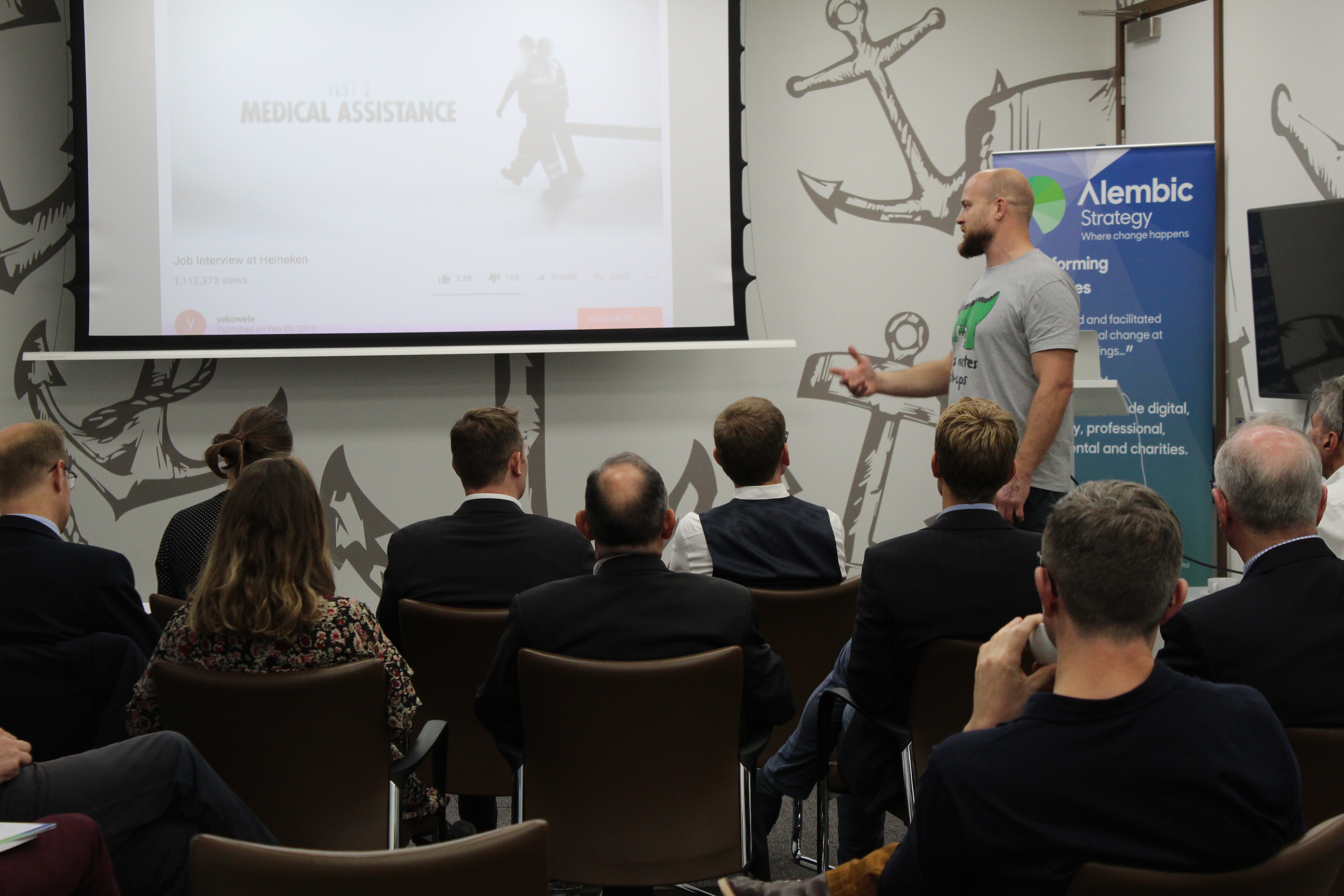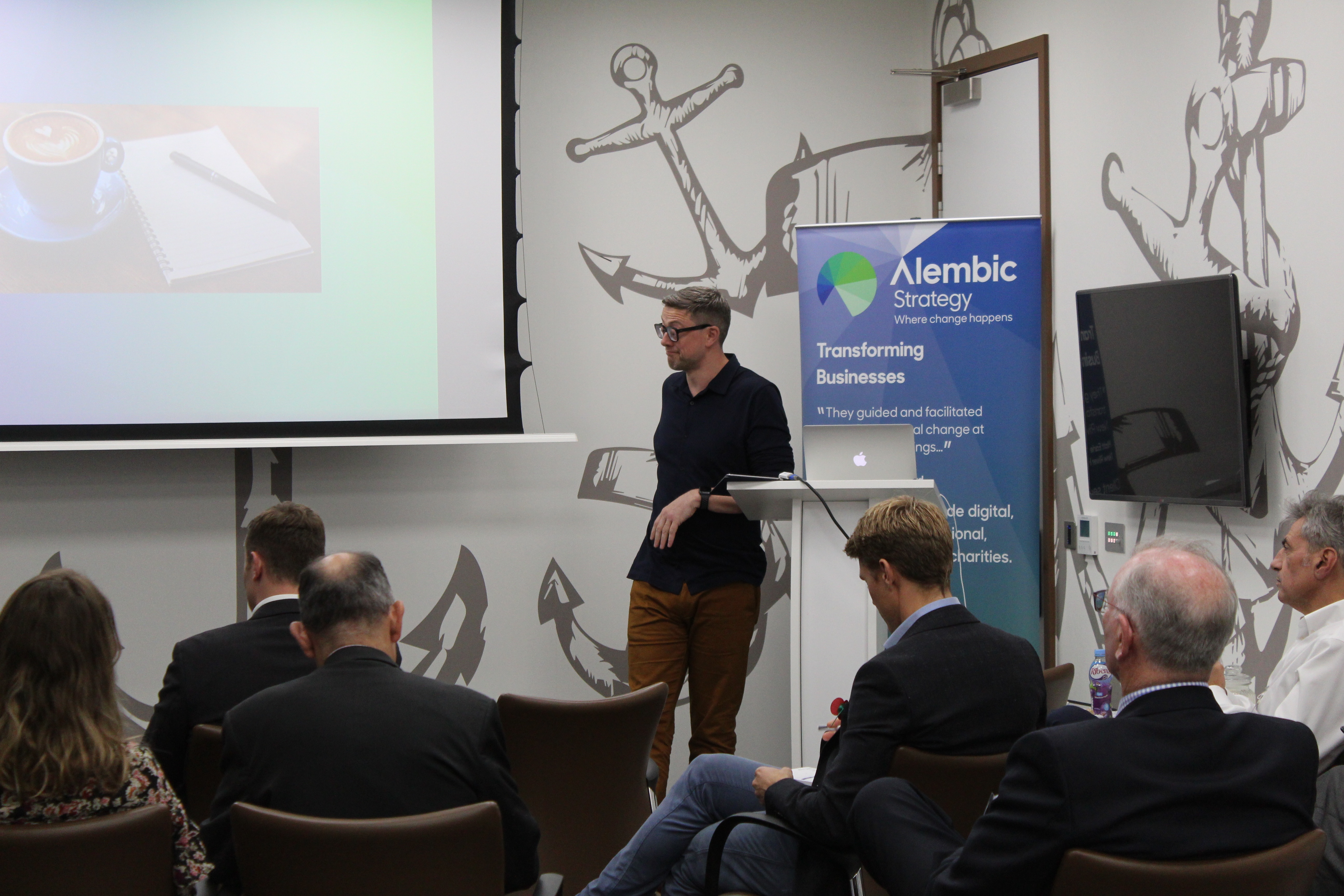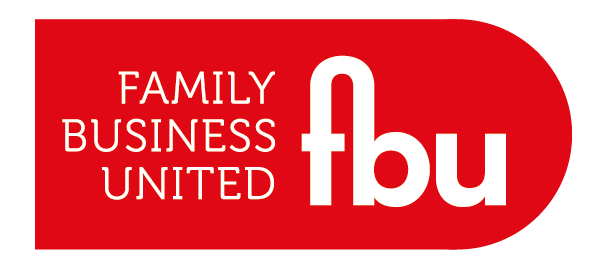This was my first London Leaders' Forum ever, and it was great. We all really enjoyed London Leaders’ Forum held this week and I want to share some of what I felt were the best insights from the day.
What did we learn?
It was a real challenge to try and summarise just 5 points as there were so many great insights! This article hopes to summarise the main points to create a high-performing team, so stick with me and I will try and keep it brief.
Firstly, ask yourself what was the best team you have ever worked in? Why?
What was the worst team you have ever worked in? Why? What was missing?
1. It’s not just important to have effective people in your team, it’s important to be an effective leader too

Ask yourself how your leadership makes the people that you lead feel. If you left the room, what would they say about you as a leader? What do you want them to say about you? As a leader, you have a huge impact on the people you lead. Therefore, it is important to get it right (no pressure). The remaining 4 points will provide insight into ways you can best impact and influence those you lead.
2. How to employ the right people (and what to do if you don’t)

It is crucial to recognise the core values of your business and resonate them throughout your company. When interviewing candidates, it is important to test whether they meet your core values. If they do not, do not hire them! Hiring the wrong candidate can cost up to 17x their salary to replace, so avoid this if you can. You have spent time building your culture. It makes your company unique – don’t lose it!
If you have hired the wrong person, it is better to fix this sooner rather than later. No one wants to have to have that conversation, but not having it is damaging your business and your productivity. Remember, honesty, dignity and respect are crucial here. Why let the relationship end there? You can remain friends with these wrong hires.
When people tell me they need to have a crucial conversation, they'll say "It's planned for next week". I like to ask, "What's wrong with today?" When they say, "OK, I'll do it at 5pm", I say, "How about now?" Fear stops us: never put off a crucial conversation, just learn how to do it well.
Richard Metcalfe
Russell mentioned the unique way that Heineken interview their candidates. Definitely worth a watch! Click here to watch this on YouTube:Watch this YouTube video on the unique way Heineken interview their candidates:
https://www.youtube.com/watch?v=Aq6y3RO12UQ
3. Clear, honest and open conversations
What is the direction of travel of your business? A shared goal is a great way to align your team and your business as a whole. Start the conversation!
Do not make assumptions about people. Behaviour is contextual. Remember, something may be going on ‘behind the scenes’ in their personal life which you are unaware of.
Encourage feedback. The best teams are always chasing feedback. Try to avoid anonymous feedback. Otherwise, this can have a negative impact on people, your company, and performance. Remember, as a leader you can add value to your business through clarity and direction.
Read this: Crucial Conversations by Patterson, Grenny, McMillan and Switzler.
4. Be a full-time leader
Leadership is a full-time job: you are either leading, or you are not. You should be spending 80% of your time developing people. During this time, empower people to make decisions. Especially give younger people the ability to make decisions and grow into the leaders of the future. Give members of your team the opportunity to perform.

It is equally important to allow your team to make mistakes. Let them take responsibility for these mistakes and learn from them. Allow yourself to be vulnerable as a leader…
5. Mix up your meetings
- Start Monday mornings with a stand-up meeting. They are quick and efficient and allow everyone to share their priorities for the day.
- Want a break from a screen? Why not meet over a coffee instead and avoid distracting emails!
- One forum attendee even suggested walking meetings to improve the health of employees and as a great way to get out of the office.
Extra reading: Good to Great by Jim Collins is a book recommended during the forum by Richard Metcalfe. It touches on the points discussed in the forum and this article.
Thank you to our wonderful speakers Russell Earnshaw and Richard Metcalfe!


.jpg)

